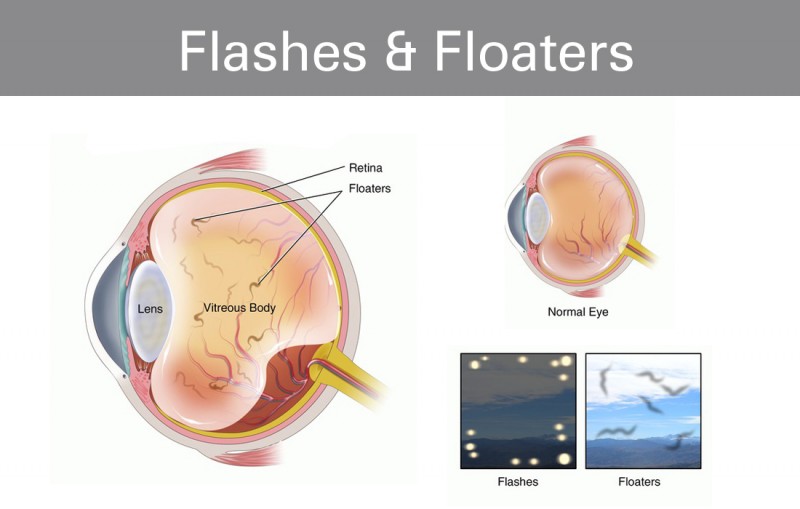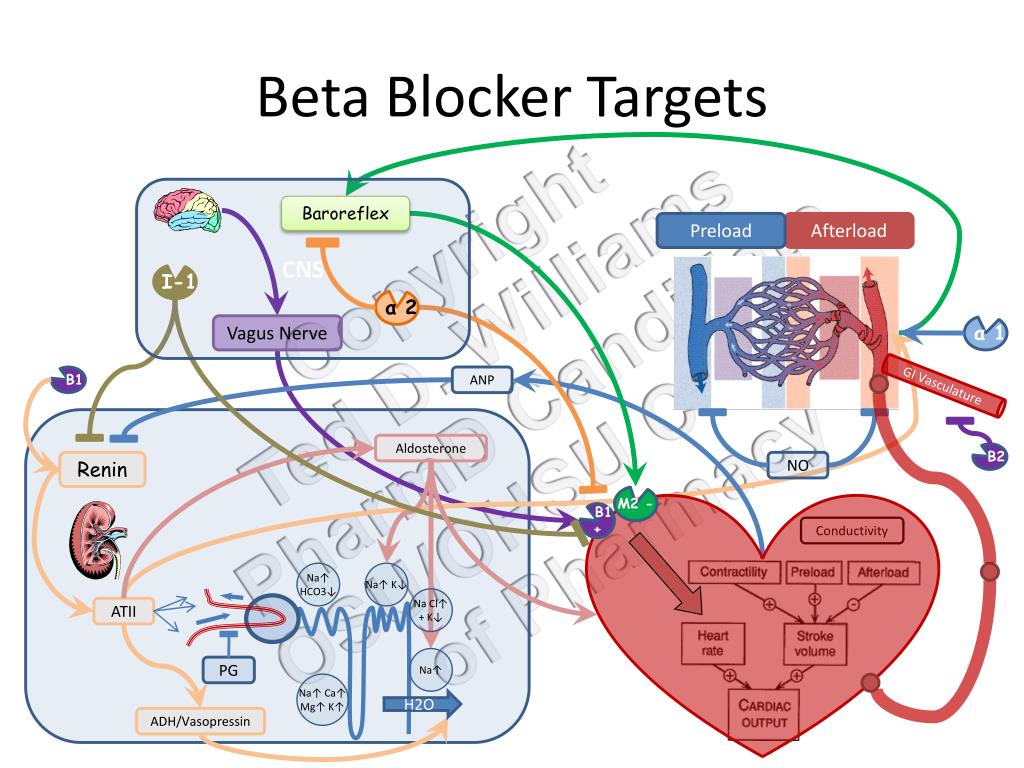Egg-cellent Consumption - Cracking the Daily Limit

The Egg Debate: Separating Fact from Fad
Eggs are a nutritious food, rich in protein, vitamins, and minerals, making them an excellent addition to a balanced diet. However, despite their numerous health benefits, eggs have been a topic of controversy due to their cholesterol content.
Cracking the Cholesterol Conundrum
One large egg contains approximately 186 milligrams of cholesterol, which has led to concerns about their impact on heart health. However, it's essential to understand that dietary cholesterol has a limited impact on blood cholesterol levels for most individuals.
The Science Behind the Scramble
Research suggests that saturated and trans fats, often found in processed and fried foods, have a far greater influence on blood cholesterol levels than dietary cholesterol. In fact, the biggest influencer of blood cholesterol levels is saturated fat intake.
Eggs-traordinary Benefits
Despite the controversy, eggs offer numerous health benefits, including:
- High-quality protein to support muscle growth and maintenance
- Rich in vitamins A, D, E, and K, as well as minerals like zinc and iron
- Good source of antioxidants, such as lutein and zeaxanthin, which support eye health
The Daily Egg Limit: What's the Science Say?
Eggs are an excellent source of protein, vitamins, and minerals, making them a great addition to a healthy diet. However, there's been much debate about the daily egg limit, leaving many wondering how many eggs they can safely consume. Let's crack open the science and explore the varying recommendations.
No One-Size-Fits-All Answer
There is no straightforward answer to how many eggs one can have in a day. Individual nutritional needs, health status, and lifestyle factors all play a role in determining the ideal daily egg limit.
Varying Recommendations
Dietary guidelines and health organizations provide differing recommendations on daily egg consumption. Some suggest limiting eggs to 2-3 per week, while others propose more flexible guidelines.
American Heart Association's Stance
The American Heart Association suggests limiting eggs to 1-2 per day, citing concerns about cholesterol intake and heart health. However, it's essential to note that not all eggs are created equal – egg whites are cholesterol-free, while yolks contain around 200 milligrams of cholesterol per large egg.
Egg Consumption: Who Should Be Cautious?
Understanding the Risks and Benefits
While eggs are a nutritious food, some individuals should be cautious with their egg consumption due to potential health risks. It's essential to understand the guidelines to enjoy eggs safely.
Who Should Limit Egg Consumption?
Individuals with high cholesterol, heart disease, or diabetes should limit their egg consumption. This is because eggs are relatively high in cholesterol, with a large egg containing about 186 milligrams. While dietary cholesterol has a limited impact on blood cholesterol levels for most people, it may still pose a risk for those with pre-existing heart health conditions.
Who Can Enjoy Eggs in Moderation?
Pregnant women, children, and healthy adults can enjoy eggs in moderation. In fact, eggs are a great source of protein, vitamins, and minerals, making them a nutritious addition to a balanced diet. The key is to consume eggs in limited quantities, about 1-2 eggs per day, to reap the benefits while minimizing potential risks.
Beyond the Yolk: Other Factors to Consider
When it comes to egg-cellent consumption, it's important to look beyond the daily limit and consider other factors that contribute to a healthy diet. In this section, we'll crack open the importance of egg quality, cooking methods, and overall diet balance.
Egg Quality Matters
The quality of eggs you consume plays a significant role in determining healthy egg consumption. Look for eggs that are rich in omega-3 fatty acids, vitamins, and minerals. Consider opting for eggs from hens raised in better conditions, such as free-range or organic farms.
Cooking Methods Count
Cooking methods can greatly impact the nutritional value of eggs. Instead of frying eggs in excess oil, try baking, boiling, or poaching them. These methods help retain the nutrients and reduce added calories.
Overall Diet Balance is Key
While eggs are a nutritious food, it's essential to maintain a balanced diet with variety. Ensure you're getting a range of fruits, vegetables, whole grains, lean proteins, and healthy fats. A well-rounded diet will help you reap the benefits of eggs while minimizing potential risks.
Cracking the Code: A Daily Egg Limit for All
Understanding the Daily Egg Limit
A general guideline is to limit eggs to 2-3 per day for healthy adults. This recommendation is based on the fact that eggs are relatively high in cholesterol, with a large egg containing about 186 milligrams. However, it's essential to note that dietary cholesterol has a smaller impact on blood cholesterol levels than previously thought.
Considering Individual Needs and Health Status
Individual needs and health status should be considered when determining egg consumption. For instance:
- People with high cholesterol or heart disease may need to limit their egg intake to 1-2 eggs per day.
- Those with diabetes or at risk of heart disease may also need to restrict their egg consumption.
- Pregnant or breastfeeding women, on the other hand, may require more protein and can safely consume 2-3 eggs per day.
- Healthy adults who engage in regular physical activity may also require more protein and can tolerate 2-3 eggs per day.
The Big Picture: Eggs in a Balanced Diet
It's crucial to remember that eggs are just one part of a balanced diet. Focus on whole, nutrient-dense foods like fruits, vegetables, whole grains, lean proteins, and healthy fats. Eggs can be a nutritious addition to your diet when consumed in moderation and as part of an overall balanced meal plan.















Comments ()